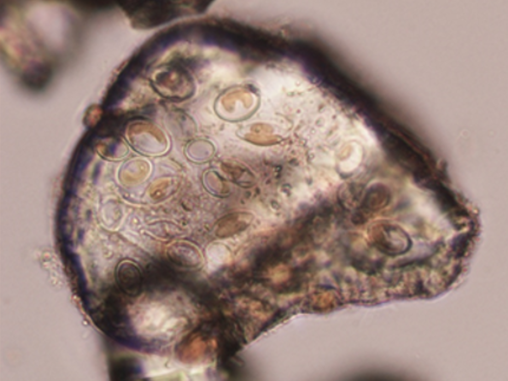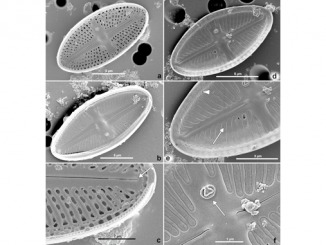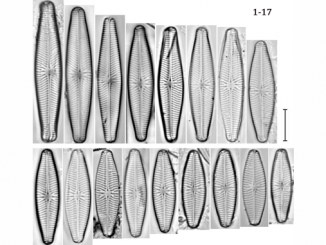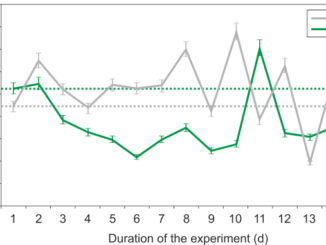
Paper category: Review paper
Corresponding author: Ewelina Szczepocka (ewelina.szczepocka@biol.uni.lodz.pl)
DOI: 10.1515/ohs-2018-0030
Received: January 15, 2018
Accepted: March 5, 2018
Full text: here
Citation (APA style):
Abstract
Contemporary assessment of the ecological status of aquatic ecosystems is based on various groups of organisms, including diatoms. Biological assessment, implemented by the Water Framework Directive, has been applied worldwide for more than 15 years. Currently, the most basic “tool” used in biomonitoring are diatom indices, which are routinely applied in Europe and other countries around the world. In Poland, the diatom indices have been used for over 5 years, which is a period of time allowing to summarize and evaluate the effectiveness of these methods in the assessment of aquatic ecosystems. The purpose of this work was to analyse the use of diatom indices in the biomonitoring of surface water by collecting data on the possibilities and limitations of using diatom indices for the objective assessment of water quality. Attention was paid to mistakes made in the course of biological assessment performed with the use of diatom phytobenthos, which have a significant impact on the obtained results. The paper also contains suggestions for introducing several important changes in biological monitoring, which will improve its quality and efficiency in assessing the ecological status of various aquatic ecosystems.




Be the first to comment